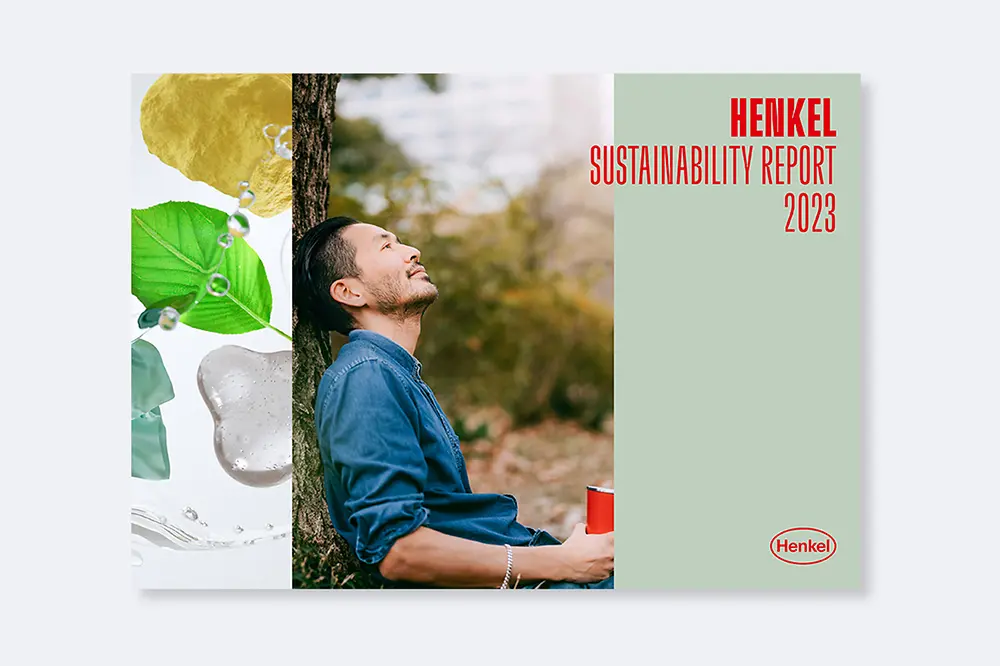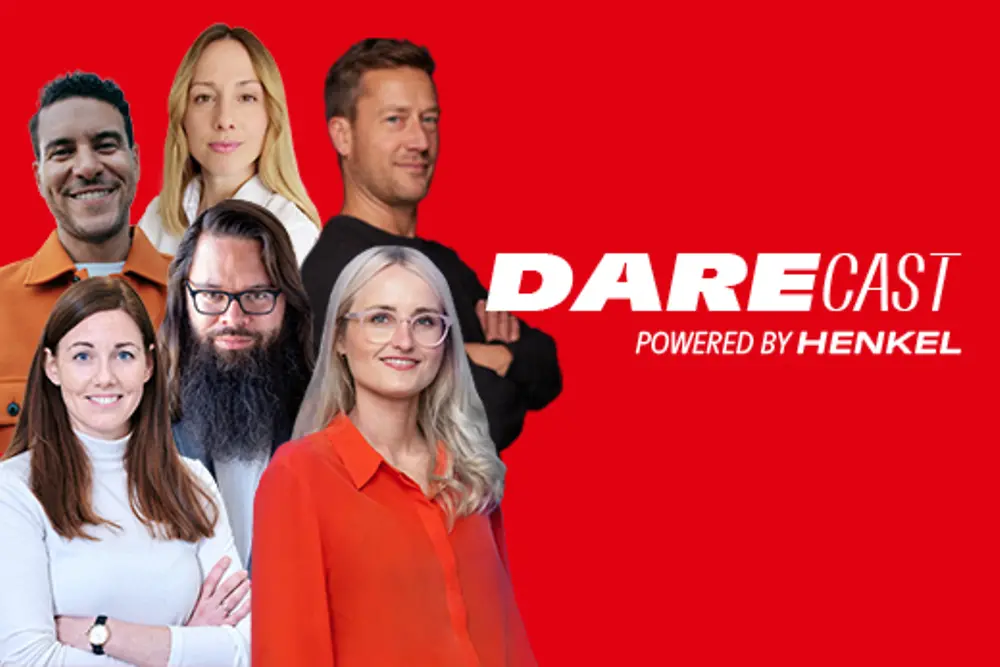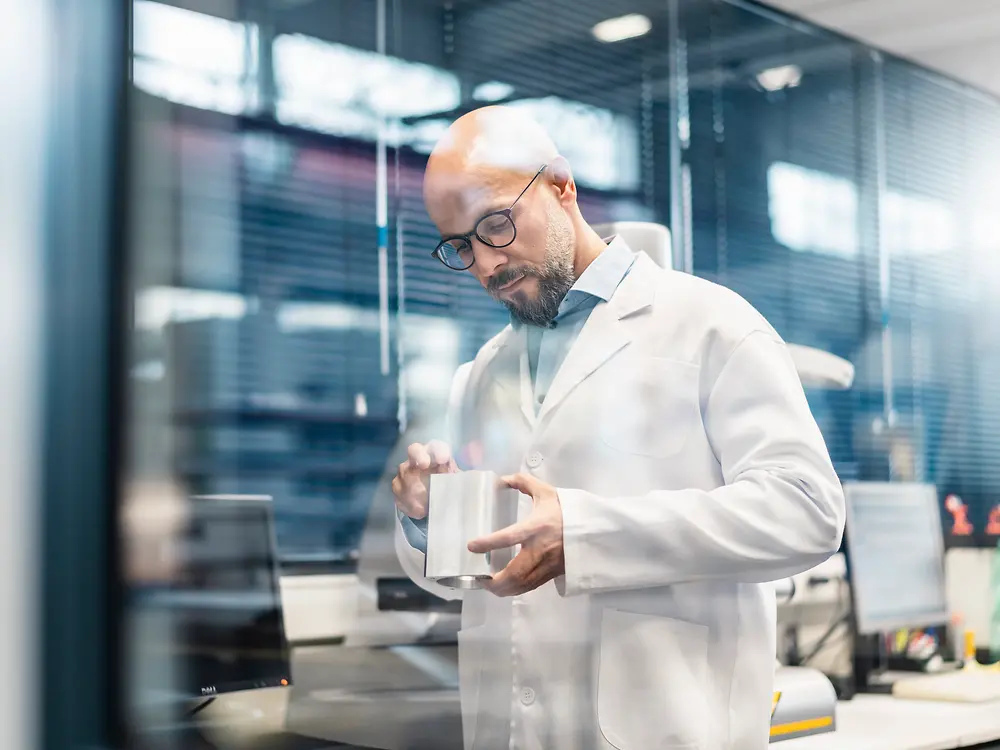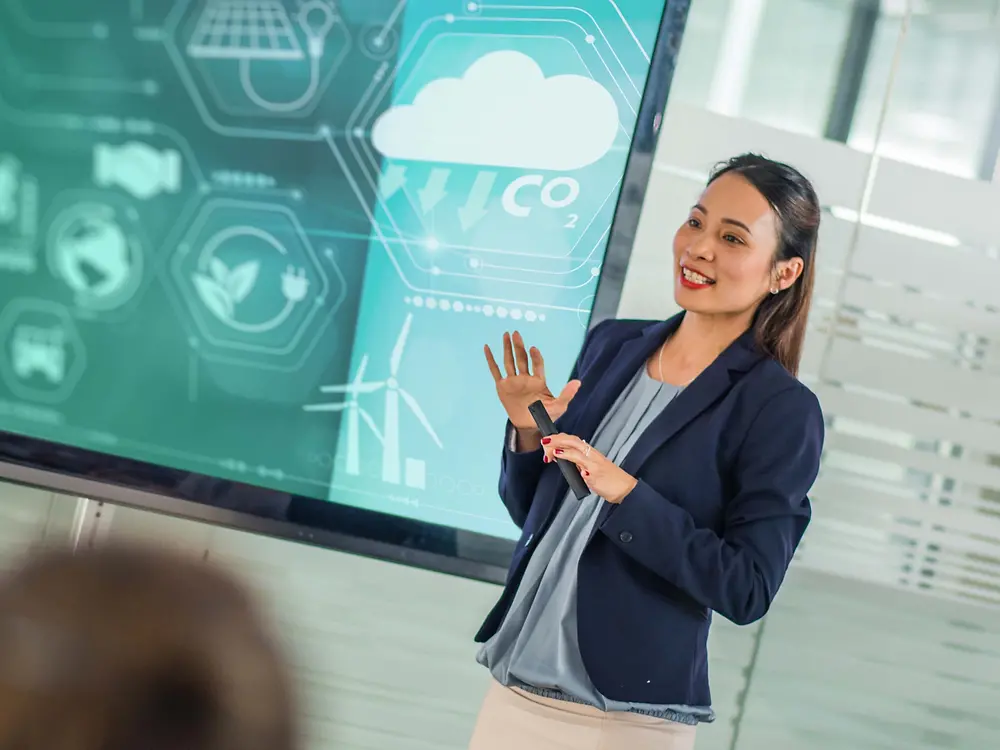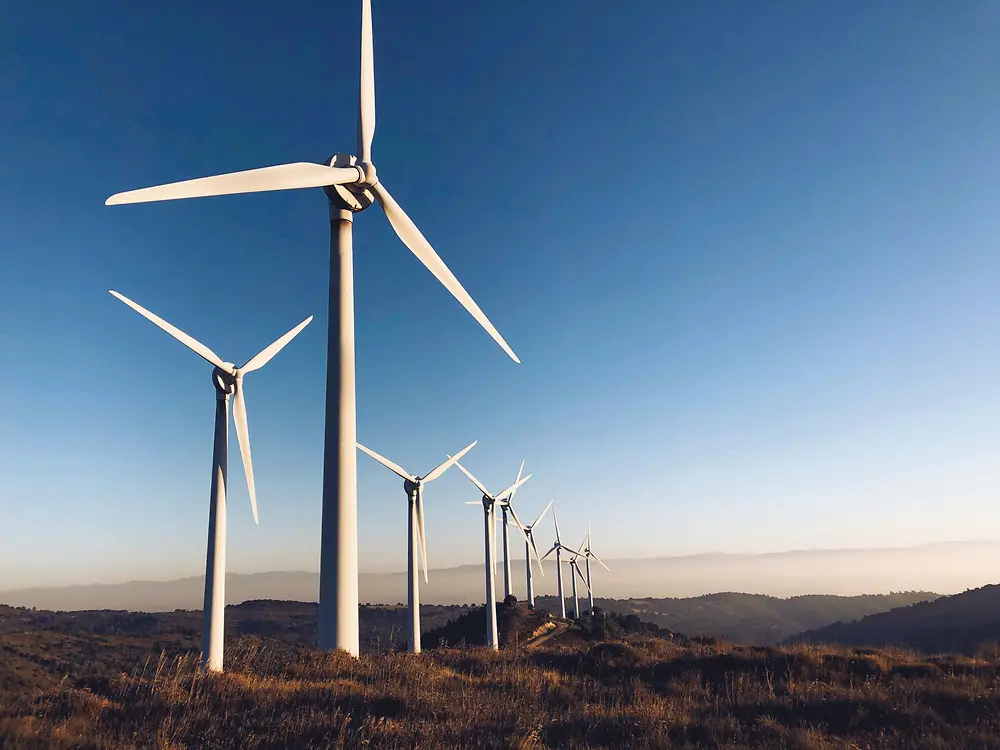Each session will be led by a moderator, best practice speakers and subject matter experts. For each topic, we will introduce the sustainability challenge and its global significance, highlight the implications for relevant industries, and present innovative solutions and opportunities using best practice examples. In addition, we will enter into an open discussion with all participants about the specific hurdles and benefits within their industries and how to overcome them.
Have a look at what will be covered in each session and select the two topics you would like to join:

